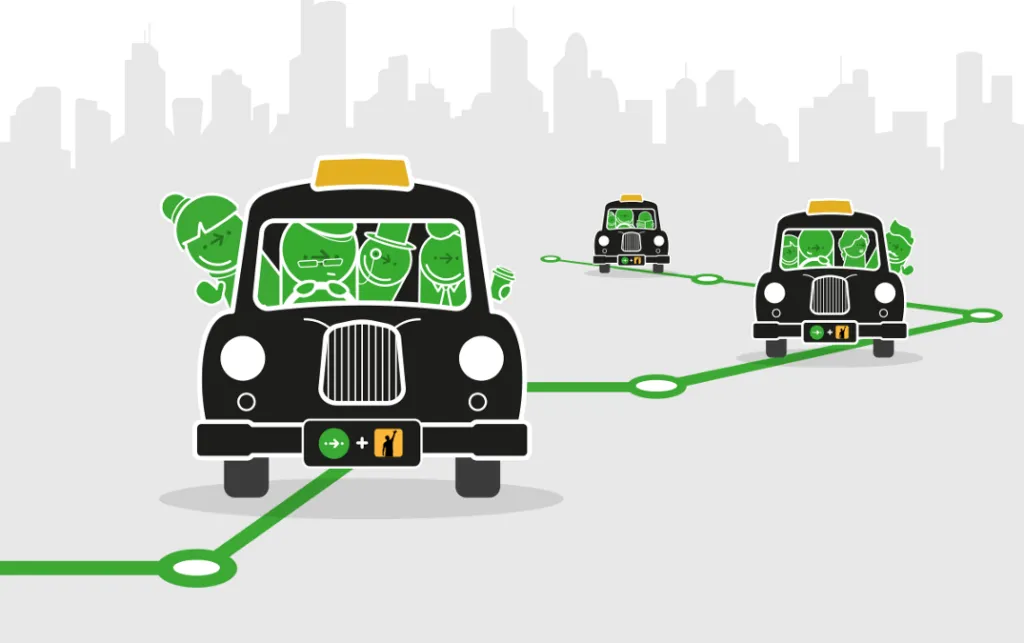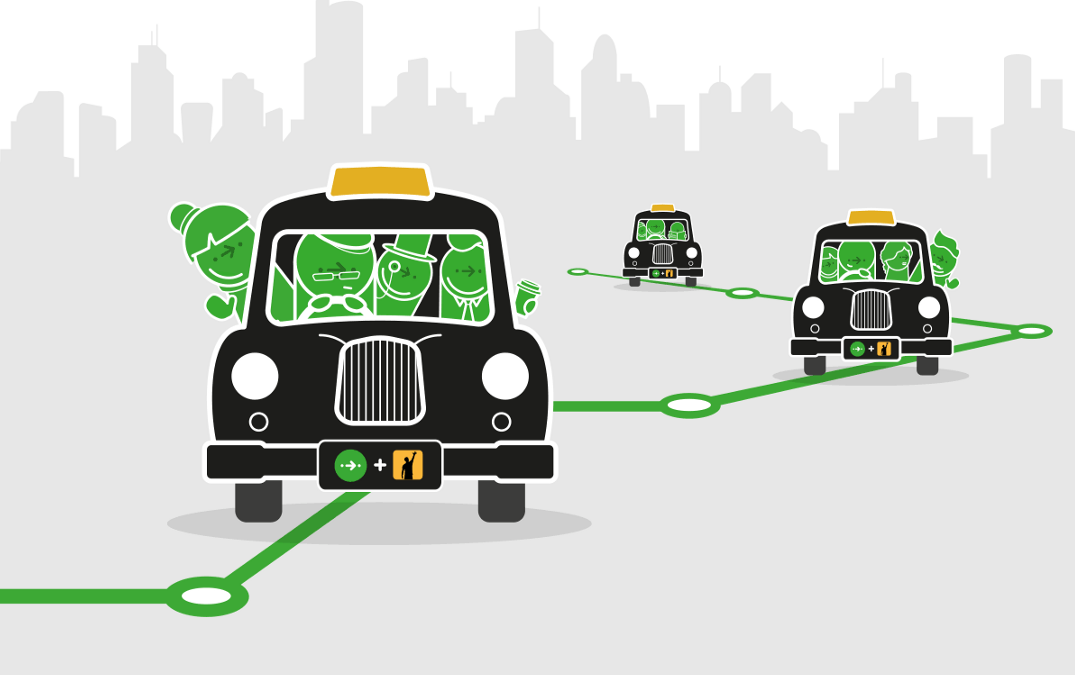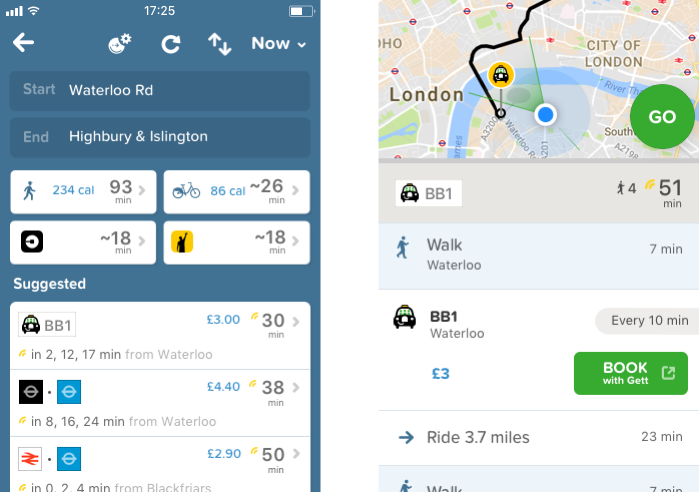If you had any doubt that there was a clear separation between your offline life and online activities, Facebook’s latest announcement on offline conversions certainly does put it to rest. Facebook has announced that it will allow advertisers to target customers who have visited their stores in person.
Why is Facebook interested in tracking offline activities?
Why would Facebook be interested in knowing which stores you visited in person? Well, according to Facebook’s post, over 90% of purchases are still made in physical stores and not online. That means Facebook is missing out on charging their advertisers for conversions that don’t happen online.
Assume you saw an ad for the latest iPhone (from Apple) on your Facebook feed and in the next days you actually visited Apple’s store and bought an iPhone. Normally, this sales conversion wouldn’t have been attributed to Facebook, but now with this new location tracking feature, Facebook can actually charge the advertiser for this conversion (a gold mine really!). Offline conversion tracking is the next big revenue source for social media.
Can I opt out?
Well, if you don’t want Facebook (or other social media) to track your offline activity – the easiest way would be to disable location tracking in the app. At the time of writing this blog, I couldn’t find a setting for specifically turning off ads based on “offline location tracking” on Facebook – do let me know if you were able to find it.








